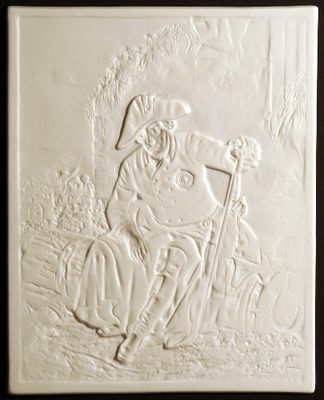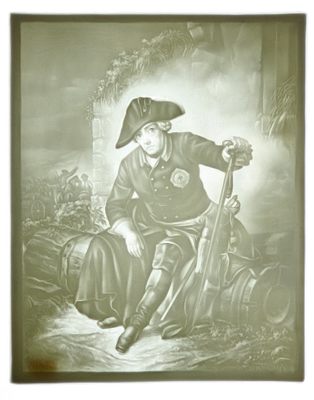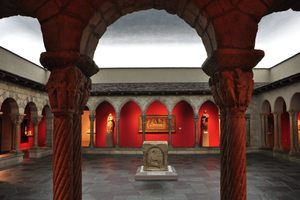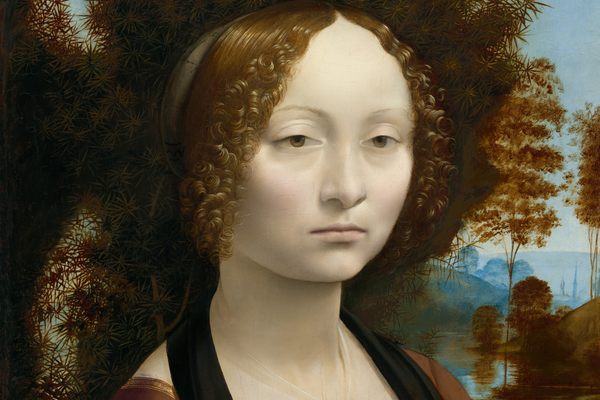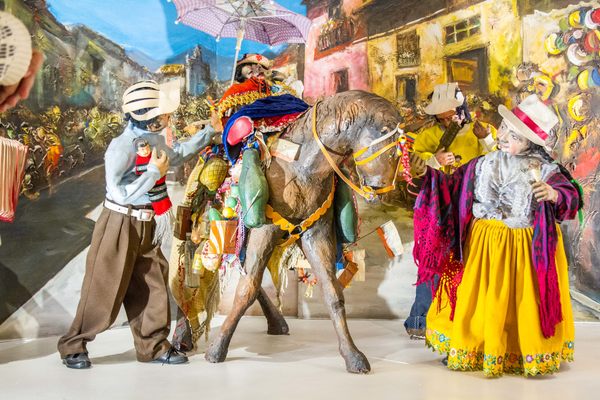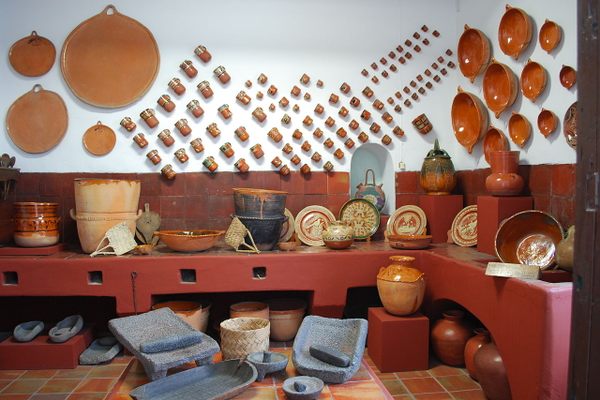About
One man's singular interest and dedication to the odd art of the lithophane has resulted in this charming little museum that celebrates the art and beauty of carving art onto stone.
A lithophane is a delicate sheet of stone, usually porcelain that has been cast in the design of detailed images that only truly reveal themselves when they are backlit. The lovely little art form became popular during Victorian times, but the practice is still employed today, even though the techniques may have changed a bit. Originally, an artist would create a shallow 3D image in wax which was then used to create a porcelain negative. When light passed through it, the image would come to life, looking like it was popping right off the stone. Today, 3D printers and etching machines are used to create often photo-realistic lithophanes.
The Blair lithophane museum in Toledo was started by one Laurel Gotshall Blair, who began collecting the panes in the early 1960s. He quickly amassed a collection of over 2,000 of the panes and displayed them out of a museum in his home while continuing to collect more. The collection claims to be the largest of its kind in the world. Blair passed away in 1993, but not before donating his collection to his native city of Toledo. The current museum was opened in 2004.
While lithophanes are pretty distinctly Victorian in origin, they continue to be impressive artistic artifacts to this day, changing from unformed porcelain bumps to a detailed image with just a little light.
Update as of September 2020: The museum is currently closed as they relocate to Schedel Arboretum & Gardens.
Related Tags
Published
November 10, 2015
